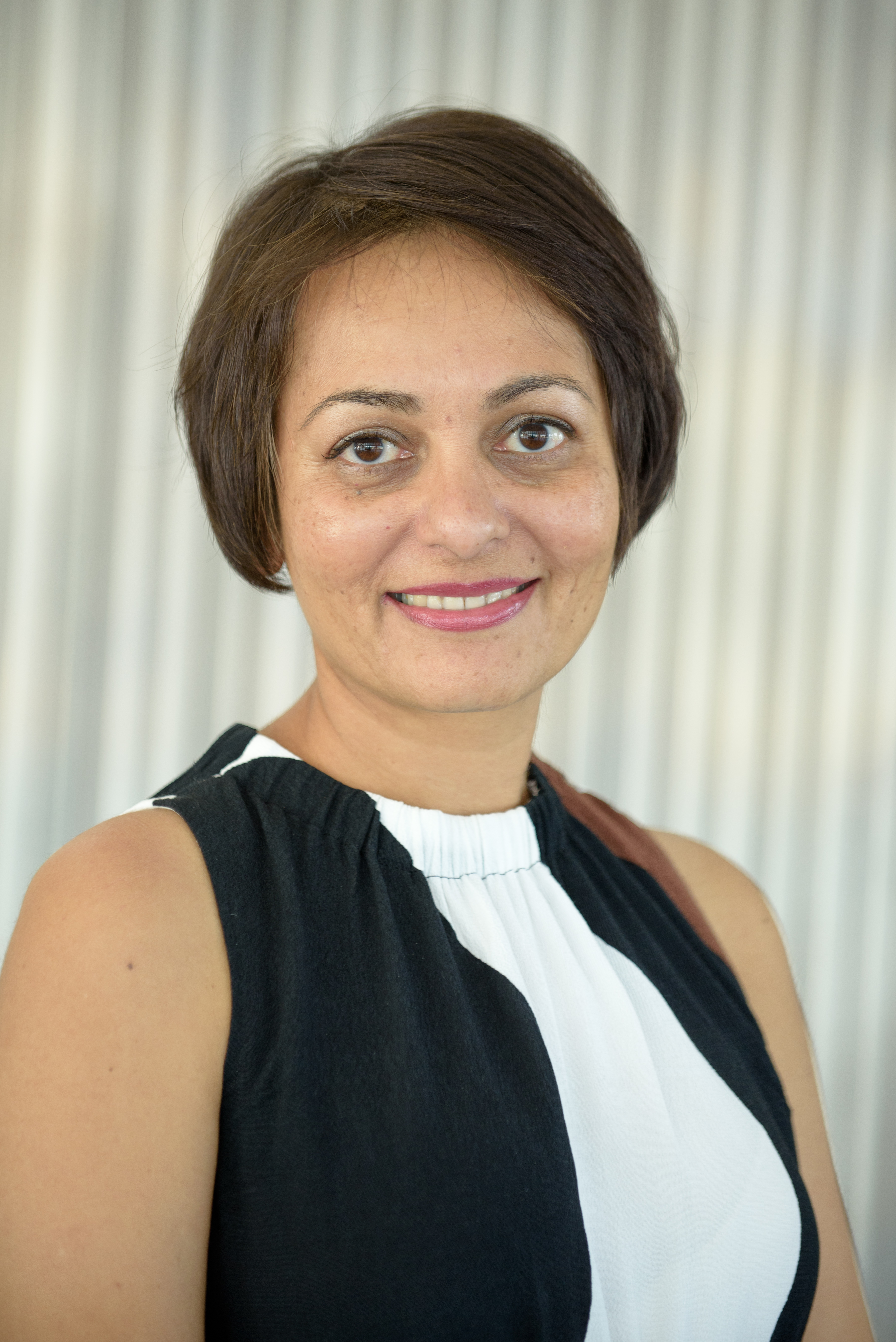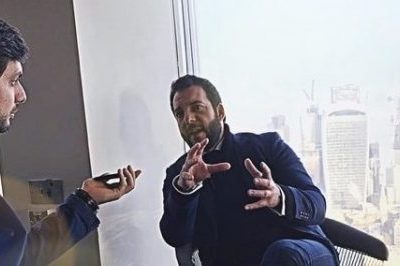Branch
Select your branch
Interview with Neelam Patel, Chief Operating Officer, MedCity
I have read that you worked as Manager and Strategy Consultant for the NHS and Eli Lilly. What initially got you interested in getting involved in a company such as MedCity, in a field broader than healthcare?
As clarification, my previous experience includes working at Eli Lilly in a variety of leadership roles across many functions, I have also worked for the National Institute of Health Research, this organisation is funded by the Dept. of Health to provide infrastructure to conduct research within the NHS. I haven’t worked as a manager within the NHS directly – note the NHS takes many forms!

MedCity is an organisation with a bold vision, that is, to grow the life sciences sector within the ‘Golden Triangle’ to be world leading by promoting the region’s fantastic capabilities in science and innovation and to support business in developing, manufacturing and commercialising their products for the benefits of the region’s patients and economy. I was interested in MedCity for 3 main reasons; firstly, because I felt that my multi-faceted experience would be valuable in an organisation that was trying to work in a complex area such as academia, industry and healthcare; secondly, I feel strongly about attracting and growing clinical research within this region and the UK. Finally, I am an opportunist and an entrepreneur at heart, so it made perfect sense to join MedCity at a time when it was ‘starting up’ and help the organisation realise its ambition.
Other than driving the strategy and relationships with key stakeholders and funders, and supporting companies seeking clinical and research expertise and collaborations to further their clinical development programs, what can you tell me about your work?
Every day is different and every day I am learning something new! Much of my work involves programme management, facilitation and influence without direct authority. One day, I could be speaking to companies about their needs in understanding how they can progress development of their technology and where the expertise is, then it may be attending workshops with multi-stakeholders to progress large programmes of work. I will also be working with the team to report on the progress of our milestones to our funders and working with the MedCity team on our next event. It helps to have had broad pharmaceutical industry experience to be able to see things from the eyes of a business and my science background and experience working with the NIHR has helped me to understand the academic environment. The field is changing constantly, so I must keep up to date with advances in the sector.
I know you also lead the Evidence workstream at Digital Health. London to address the challenges that SMEs have with respect to generating the right evidence for adoption of their products into the NHS. What would you say are the main challenges of the NHS comparing to other clients?
The NHS is not one client or customer, it is branded as one, but in fact, the NHS is a healthcare system with many organisations, each having their own payers and decision-makers. SMEs need to get versed with how to navigate the NHS and to understand where the demand lies. This is not an easy task if you are starting up and have little resource. This is where MedCity can help and is well placed to support SMEs from navigating the NHS through to helping find the right funding sources.
On your work leading for clinical trials, what do you think is the biggest challenge SMEs and start-ups face when moving on to clinical trials?
Having or accessing sufficient expertise to plan the right types of clinical trials, in particular, health outcomes and statistics input. Another challenge is to understand whether an actual clinical trial is needed to demonstrate efficacy, usability or safety. Regulatory and ethical approvals mechanisms will vary depending on the type of technology and the type of research or trial being conducted. Financing clinical trials can also be tough, however if carefully planned and executed, trials and research can generate valuable evidence to attract further investment and support in adoption. Knowing the right pathway to follow to access the support of primary investigators and the right patient groups within the right clinical setting is a challenge. MedCity can help to support companies work their way through these challenges.
What drew you to support small companies and start-ups in seeking clinical and research expertise and collaborations?
One of MedCity’s pillars of work is to promote entrepreneurialism. Supporting SMEs to help validate their products through evidence generation and trialling and enabling their products to progress to commercialisation through collaboration are important factors in promoting entrepreneurialism. Working with small companies is exciting; boundaries are blurred, and the pace is fast. It is energising supporting SMEs with a real enthusiasm to innovate. Ultimately, if we get this right, we will make a difference to health outcomes and the economy.
Other than bridging the gap between start-ups and SME’s and academic and clinical expertise and support and promoting an understanding between all healthcare stakeholders (including NHS), are there other aspects (maybe less obvious) of your role you think are worth mentioning?
There are lots of facets to this role, as I mentioned no day is the same!
What is your day to day work life like? You are still the company director of Aarogya Limited, how do split your time between the two roles? Does one role help inform the other?
Aarogya Ltd, is our family, independent, community pharmacy business. I work at MedCity for 3.5 days, I support the pharmacy 1 day (ish) a week and the other 0.5 day (ish) is to give myself flexibility for my family. Yes, one role definitely helps to inform the other. I have much more insight into primary and community care through my support of the pharmacy. It is important to know what happens at ground level and what patients are concerned about. Without this insight, supporting businesses would not be as effective.
What are your future career plans?
Hopefully to continue to add value and effect a positive change in the organisations that I touch. To date, career progression has arisen because of the focus that I put on my work and the attraction I have from working in different industries and organisations. I get a buzz out of continuously developing myself but also giving different perspectives and experience to the teams that I lead. I am keen to do more philanthropic work – let’s see what the future holds!


